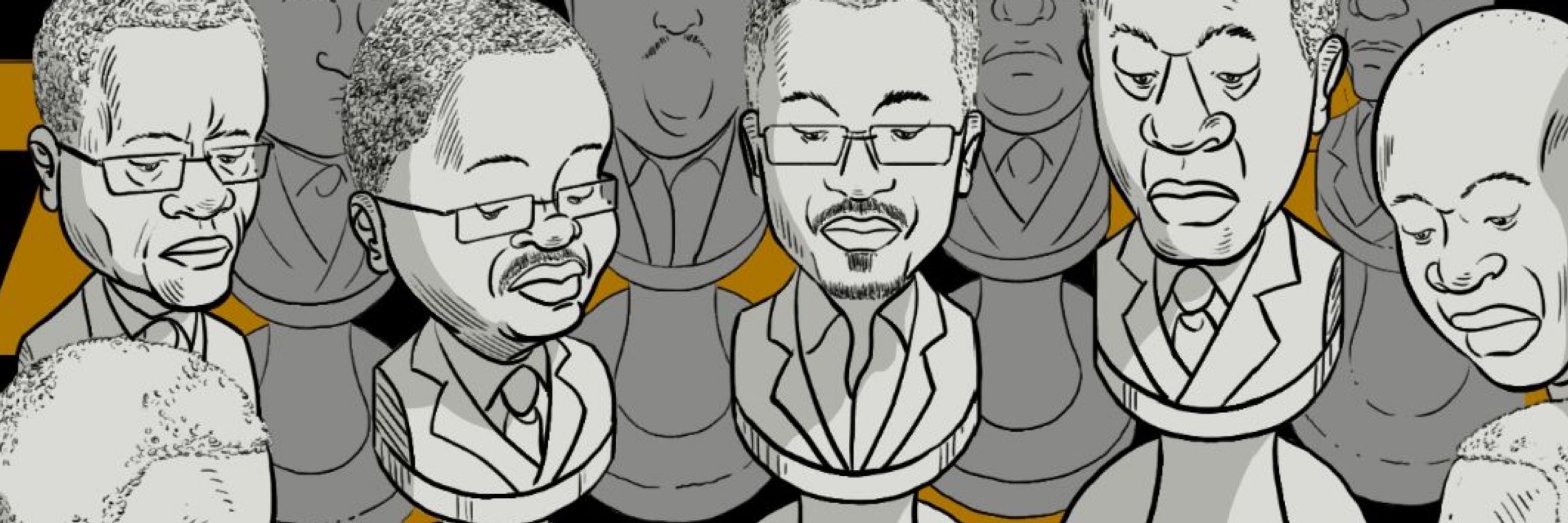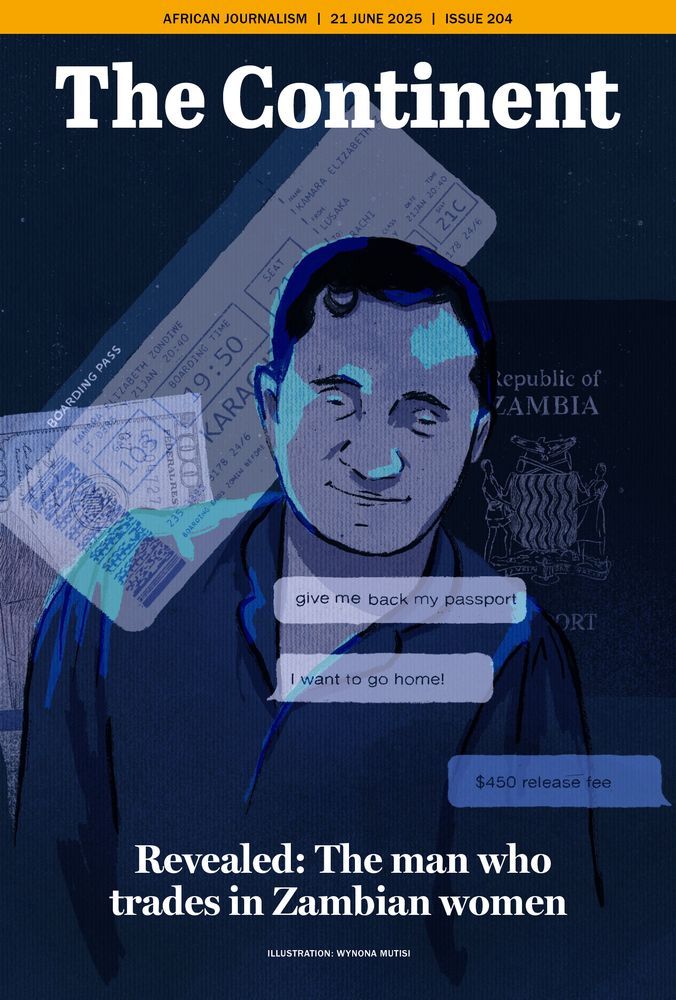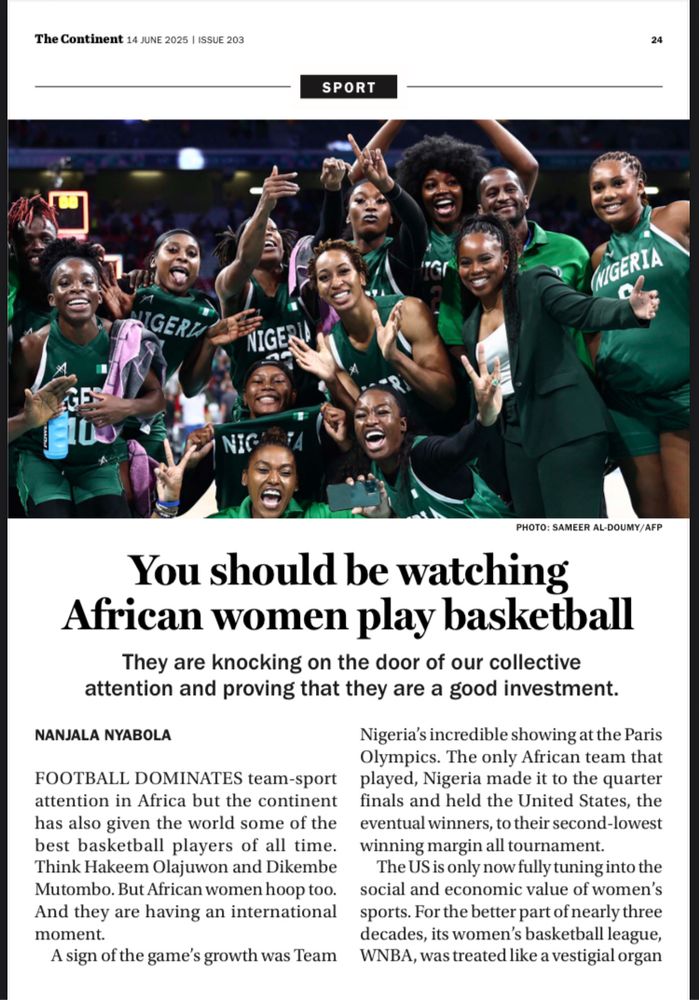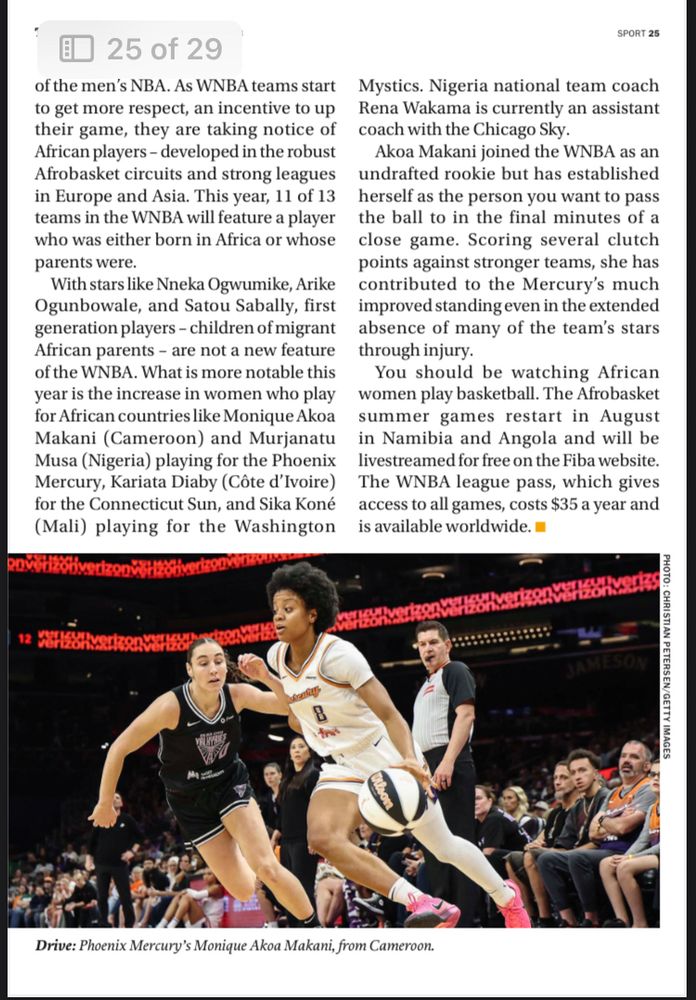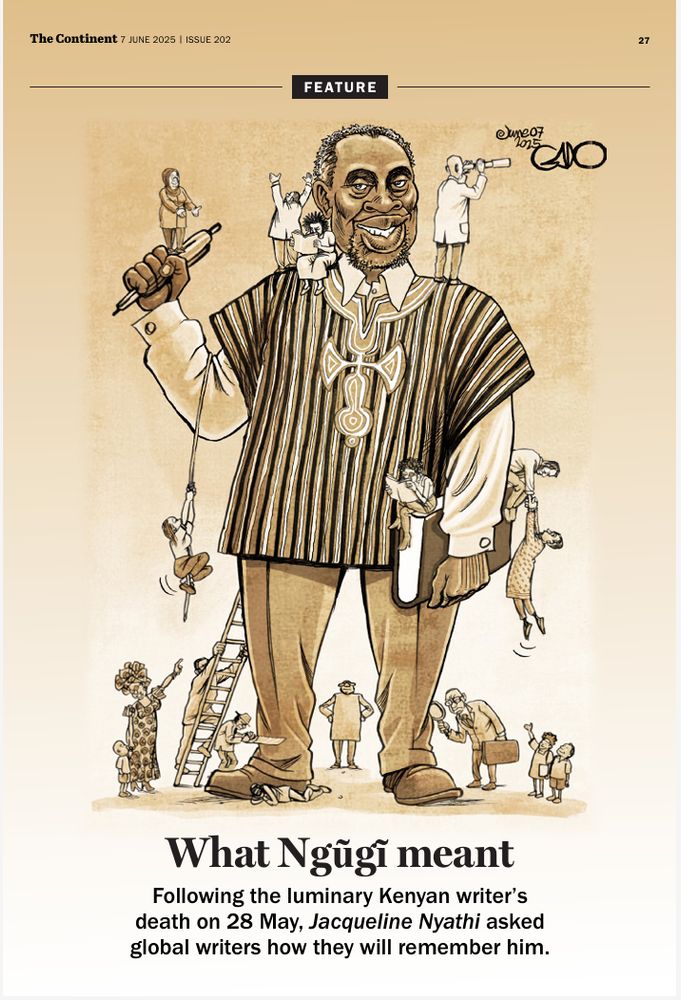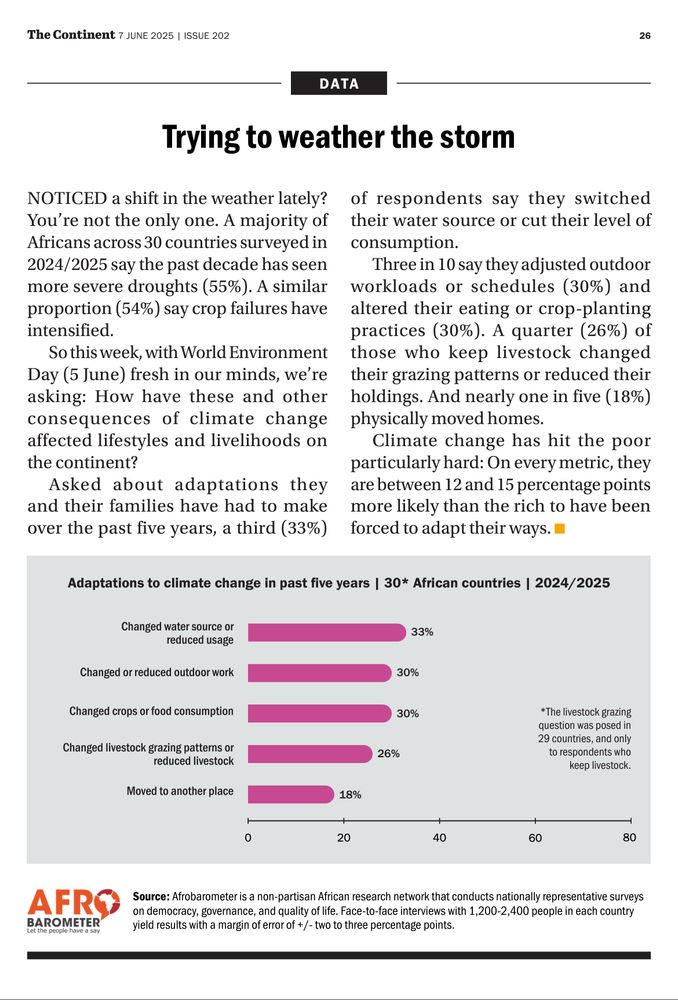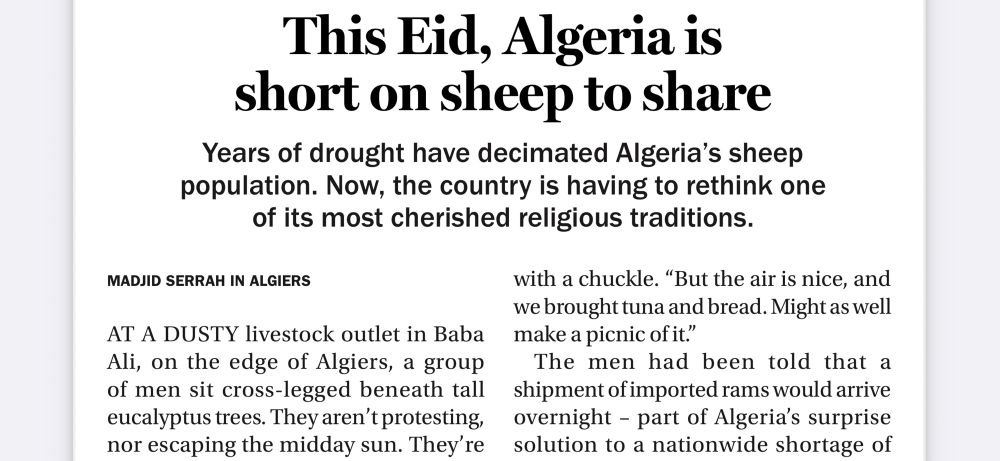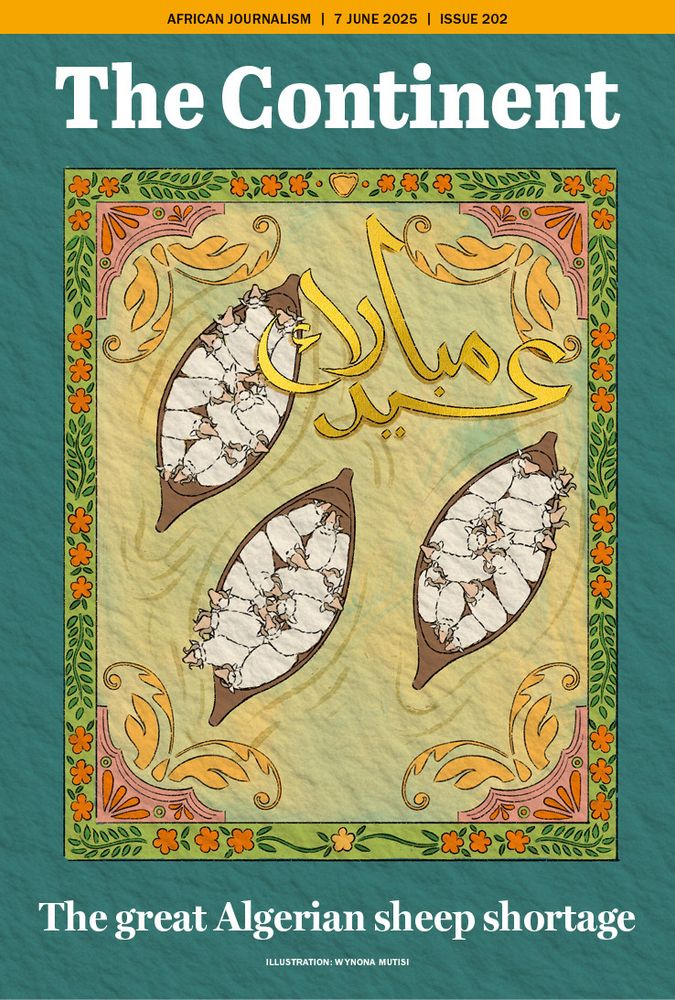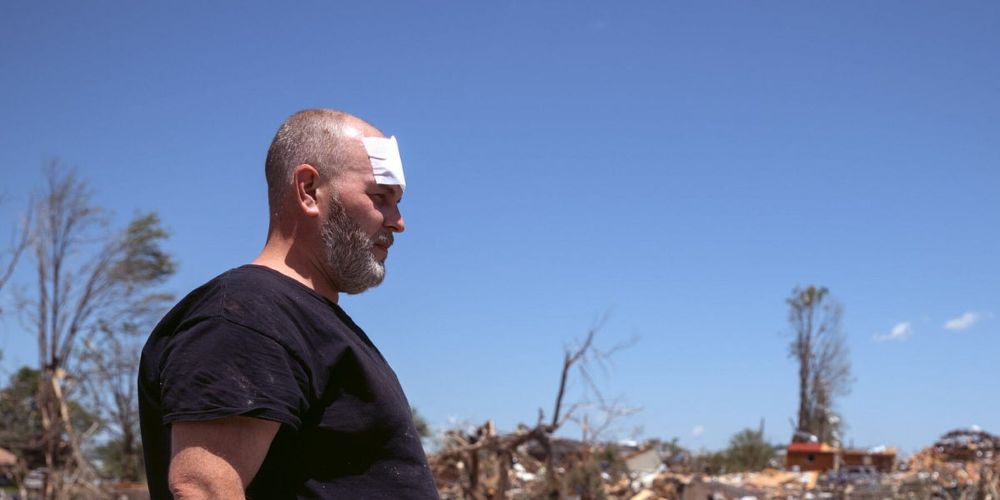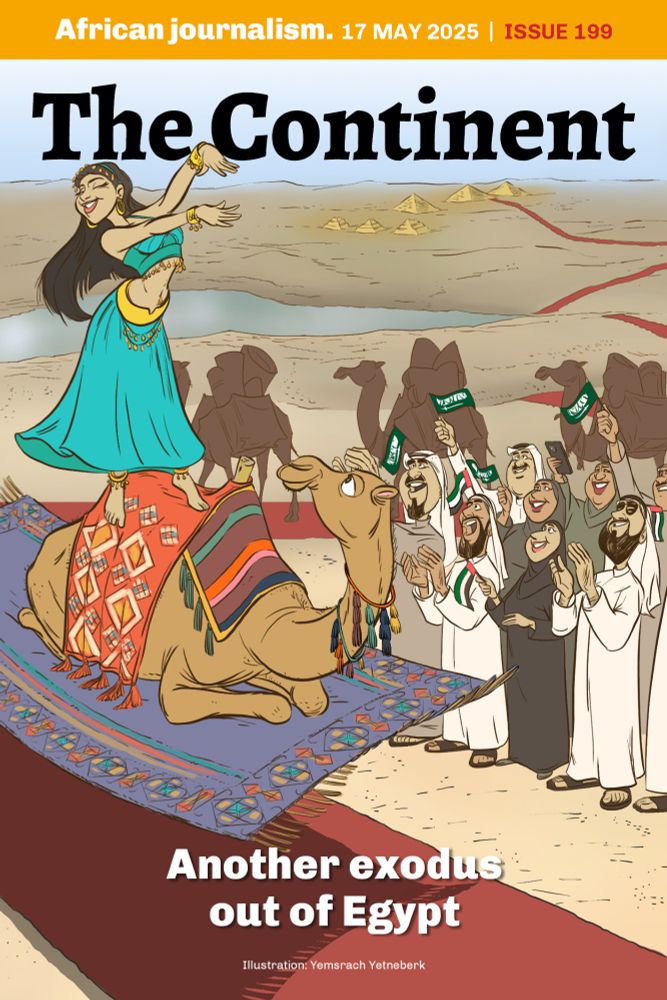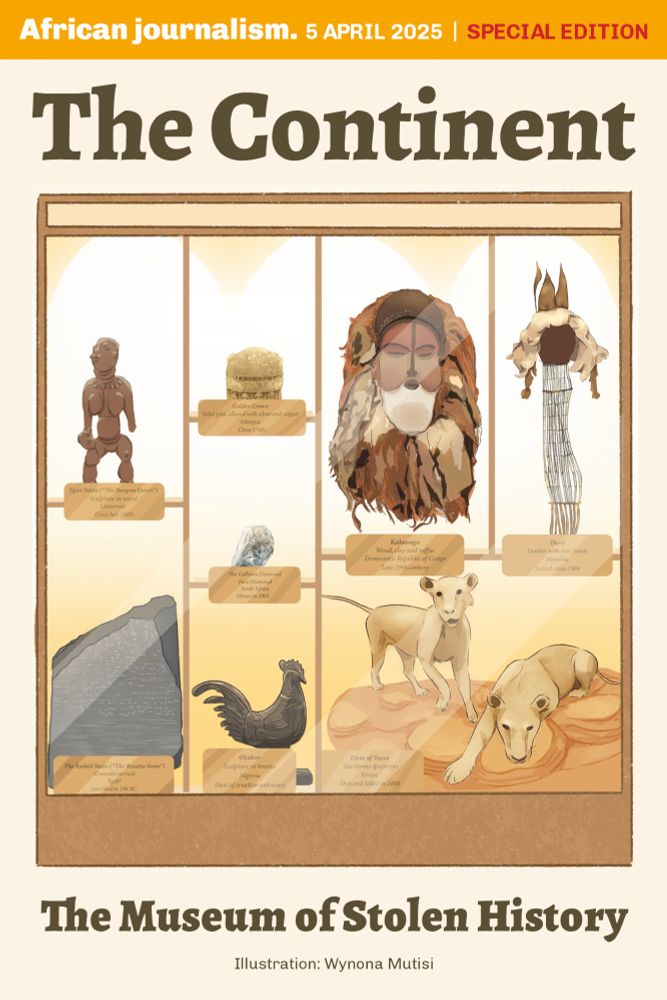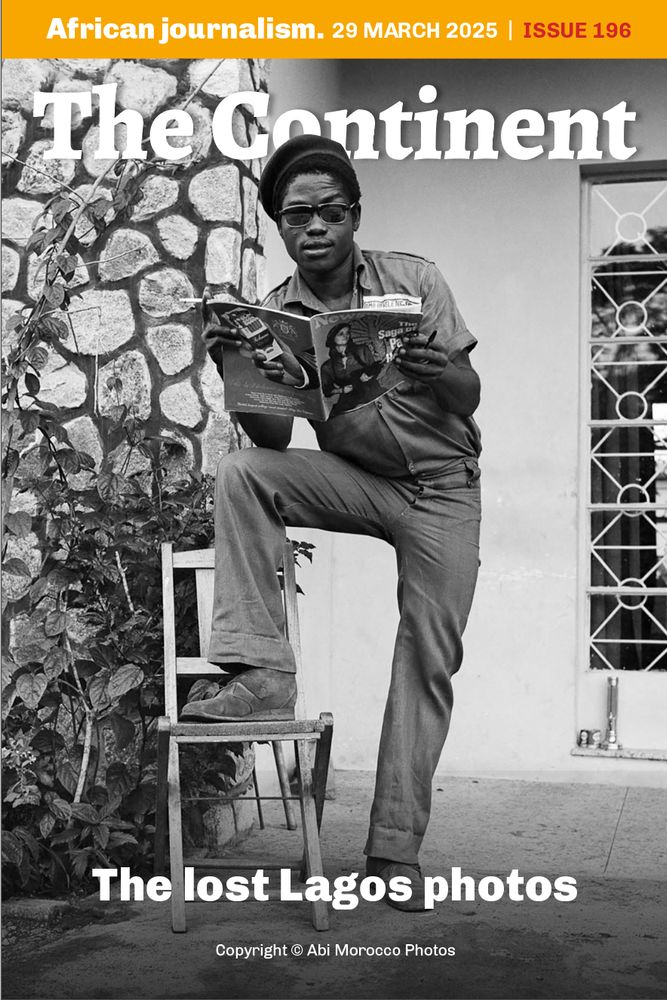Lydia Namubiru
@namlyd.bsky.social
680 followers
290 following
59 posts
Queer. African. Feminist.
Editor-in-Chief, The Continent:
Here: @thecontinent.org
WhatsApp: bit.ly/4b2gpfI
Signal: bit.ly/TCSignal
Telegram: t.me/continentnews
Email: [email protected]
Website: thecontinent.org
Posts
Media
Videos
Starter Packs
Reposted by Lydia Namubiru
Reposted by Lydia Namubiru
Reposted by Lydia Namubiru
Reposted by Lydia Namubiru
Reposted by Lydia Namubiru
Reposted by Lydia Namubiru
Reposted by Lydia Namubiru
Lydia Namubiru
@namlyd.bsky.social
· May 27
Reposted by Lydia Namubiru
Lydia Namubiru
@namlyd.bsky.social
· Apr 4
Reposted by Lydia Namubiru
Reposted by Lydia Namubiru
Reposted by Lydia Namubiru
Reposted by Lydia Namubiru
Reposted by Lydia Namubiru
Reposted by Lydia Namubiru
